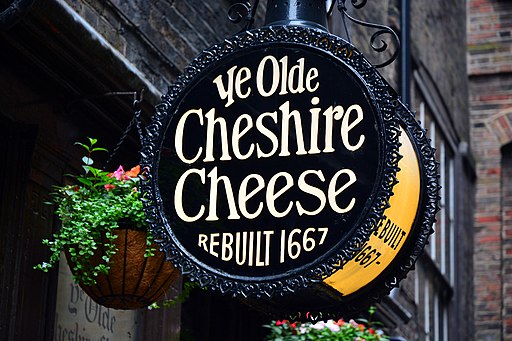From The Hampshire Courier, February 10th, 1812:
Births
On Friday at Mile-end Terrace, the Lady of John Dickens, Esq., a son.
Mile-end Terrace was in Portsmouth, a modest house with a basement kitchen, a parlour, two bedrooms and two attics – nothing to write home about. John Dickens – Esquire as he presented himself rather grandly – was a clerk in the Navy Pay Office. His ‘Lady’ was Elizabeth Dickens, daughter of another employee in the Navy Pay Office who had absconded to the Isle of Man, having been found guilty of embezzlement. The son was Charles John Huffam Dickens and this is the first reference to Dickens in print.
Not a particularly promising start, but Charles Dickens became the foremost novelist of Victorian times. At his death on the 9th June, 1870, the newspapers were full of him. The Times led the tributes:
Statesmen, men of science, philanthropists, the acknowledged benefactors of their race, might pass away, and yet not leave the void which will be caused by the death of Charles Dickens.
The news of his death travelled round the world. In America, the poet Longfellow wrote that he ‘never knew an author’s death to cause such general mourning … this whole country is stricken with grief.’
Between his birth and death, Dickens wrote fourteen complete novels – the fifteenth, The Mystery of Edwin Drood remains a mystery. Dickens died before he could unmask the murderer. There were numerous short stories and hundreds of articles for his magazines, Household Words and All the Year Round. He was a keen actor and toured the country in various plays as well as touring with dramatic readings from his own novels and stories. The Pilgrim Edition of his letters runs to twelve volumes. He was patron of a great many charities and a much in demand public speaker.
And he did go out with the police – the relatively new Metropolitan Police, created in 1829 by Sir Robert Peel. He was fascinated by crime and police work. And when I read about his outings with Inspector Charles Field of the Metropolitan Police, I wondered what might happen if Charles Dickens was ever called upon to investigate a murder. Someone wrote of Dickens that he would have liked to be a detective – I gave him his first case. Dickens founded a home for fallen women in 1847 with Miss Angela Burdett Coutts to rescue young women who had nowhere else to go.
What if a murder took place at the home? Charles Dickens would surely want to find out who did it.



